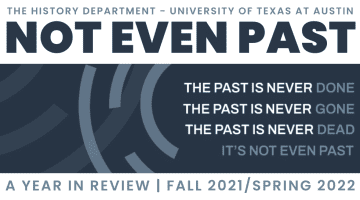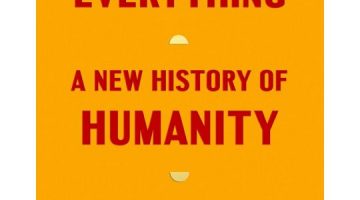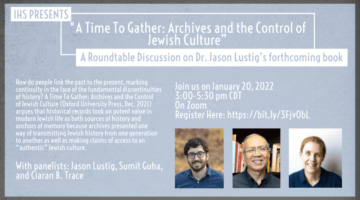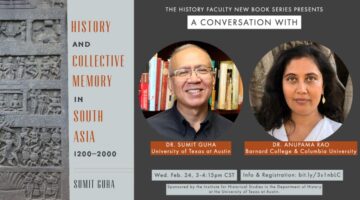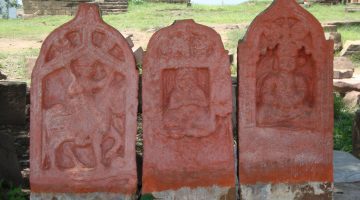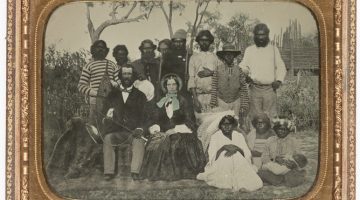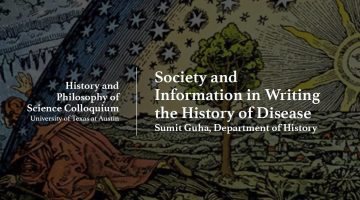
Professor Guha’s interest in disease history originated in his study of demography. He has published on disease mortality in Victorian England in “The Importance of Social Intervention in England’s Mortality Decline,” Social History of Medicine 7,1 (1994), 89-113. His earlier work on South Asia is compiled in Health and Population in South Asia (2001/2009). This […]

